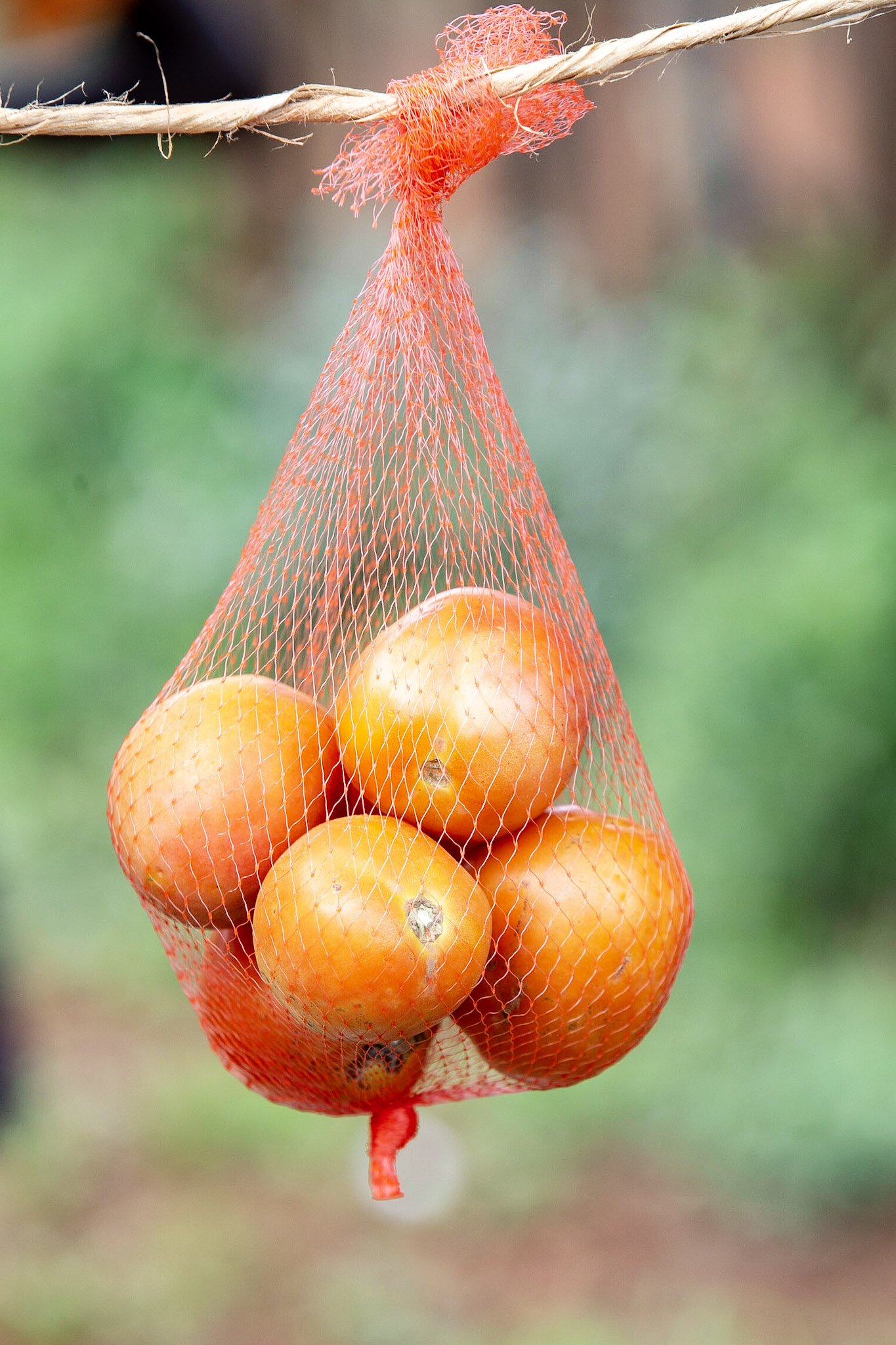This blog post was written by Rachel Lindley, our CEO, and Megan Henderson, our Senior Communications & Events Officer.
As Russia’s invasion of Ukraine continues, many of you may be reading news articles about the global food crisis and how it is impacting the cost of living and supply chains in the UK. What you may not be seeing featured so prominently, however, is the impact of the war in Ukraine on hunger in East Africa and how the war, paired with an intense drought, is forcing even more families to go hungry in the places where our partners work.
Drought is not uncommon where our partners work and often causes intense difficulties. Without access to water, crops fail, livestock die, and communities have difficulty feeding their families, but with ongoing climate change the seasonal rains have become even more sporadic and unpredictable. As the invasion in Ukraine developed, driving fuel and food costs even higher, at the same time parts of Somalia, Ethiopia and Kenya are facing a severe drought - one of the worst in 40 years. Together, these two factors (both beyond communities’ own power to control) compound the crisis millions are experiencing.
Our partners in Marsabit, northern Kenya, reported recently that their communities were really suffering due to the prolonged drought. Their words echo what we read in emergency briefings from other International NGOs; UNICEF assesses malnutrition to be at 23% in Marsabit (well above the 15% threshold used for triggering emergency response). Elema and Joseph, the Programme Coordinators in Marsabit, said everyone had prayed for rain as women and children were going hungry. As Obi Anyadike, Senior Editor of New Humanitarian for Africa, says: “Women are bearing the brunt of the crisis – they are the last to eat in each household, and the first to be displaced.”) The rain has come, and Elema and Joseph tell us that families are doing better. But the situation is precarious.
It’s not just Marsabit; our partners in Burundi and Tanzania are reporting severe fuel and supply shortages; meaning that communities there too will face added difficulties buying food, medicine and other essentials for their families. In South Sudan, the most dangerous period is usually July-August, the traditional ‘lean season,’ and in a country where 70% of the population is already dependent on food aid, experts are forecasting famine in some of the most vulnerable areas and calling for emergency funding.
In Marsabit, northern Kenya, the UN estimates there are 4.2 million people in need of emergency aid at a cost of $180,7 million, of which just $27m has been pledged by the international community. Last year, the UK cut humanitarian funding by 51% – and as communities around the world face compounding difficulties, there is insufficient aid available.
Five Talents does not provide emergency relief; there are others with more expertise in that when, tragically, it is needed. Instead, our focus is on building communities’ resilience before the next crisis, through Savings Groups. For example, members take loans from their groups to invest in rainwater harvesting tanks, or to start non-agricultural businesses which do not rely on the rains. Each group also contributes to an emergency fund so they can help each other out if their savings are not enough.
While Savings Groups are not an answer to everything, and the scale of Five Talents’ work is tiny compared with the number of vulnerable communities globally, we know Savings Groups do create an incredible safety net for times of crises and support communities as they build and rebuild their resilience.

